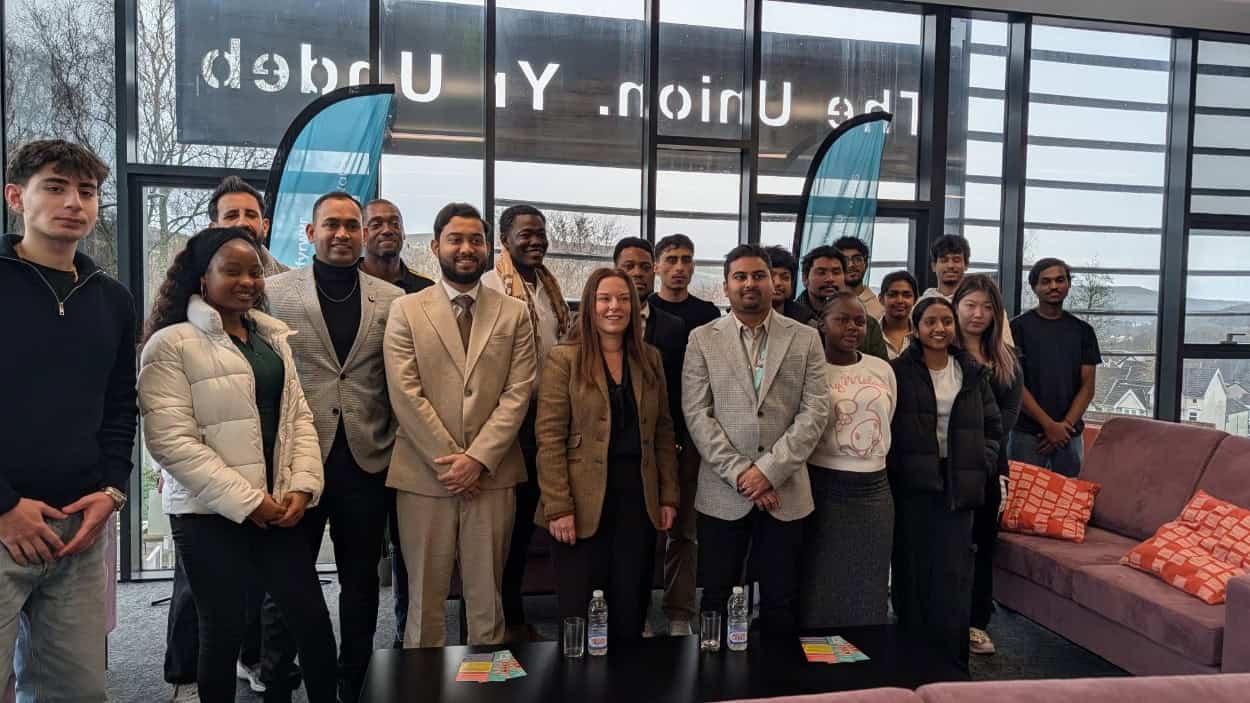The time has come for there to be a formal auditing of the processes universities use to recruit international students. The pressure must come from the university sector, otherwise it is likely very little will change.
Working with the BSI to implement the BS EN ISO 9001 (Quality Management Systems) feels like the right place to focus efforts. BSI is the UK’s national standards body while also being one of the world’s largest certification bodies. BS EN ISO 9001 is a widely recognised management standard that has the heft and necessary independence to carry real credibility, across the globe.
Why is this approach needed? In Vincenzo Raimo’s excellent article for The PIE News recently, he highlighted the results of a SAMS Global conference survey: More than seven in 10 institutions (72%) reported working with over 100 agents, while 16% said their university had relationships with more than 300.
And that’s before we add aggregators to the mix, where a single partnership can potentially mean exposure to thousands of sub-agents, most of whom the university may never know or directly interact with and therefore not know what is being said about their institution to prospective students.
As someone who has dealt first hand with a larger agency that wanted to buy leads from my small consultancy, I can provide the following qualitative perspective. We had very specific notes about all our prospective students; their interests, level of English competency etc, but there seemed no interest from the large agency in these notes, or indeed discussing individual needs, and this did not seem to come from any GDPR squeamishness…
It may be that the agency would have carried out their own ‘deep dive’ research into these students but I was certainly not given this impression. I was also told I would not be allowed to follow up with any of these students at any point in the future, even though their initial relationship was with our company. On the basis of these interactions, no lead was ever handed on to a larger agent.
However, why did I need to consider passing on these leads in the first place? The reality is that no university I approached wanted to provide an agent contract to a small organisation like mine, so there was no way of monetising the many hours of work spent advising these families without charging them to cover some costs.
Under the heading ‘Increasing transparency and accountability’, the Agent Quality Framework (AQF) states: “Request transparency around the use of sub-agents. Be clear that an agent’s endorsement of the National Code of Ethical Practice and engagement with an appropriate UK Credited training programme also applies to any sub-agent partners working with the contracted agent.”
The AQF guidelines are laudable – but from first-hand experience, and backed up by the SAMS survey, it appears that they are a long way from being implemented.
Large agents do grow organically but most appear to grow substantively via ‘aggregating’ the leads from smaller agents. These smaller agents might be highly ethical but unless processes are in place to formally audit their actions there can be little transparency and accountability in the system. Basically, there is not a clear process that can be evaluated.
BSI’s certification is process based. While this won’t necessarily weed out all bad practice on the ground, it would make both agents and universities responsible for having robust systems and processes that could be reasonably assessed by trained BSI auditors.
Universities would implement BS EN ISO 9001 with regards to their international student recruitment management process. The quality management standard guides organisations as they review their principles and practices to ensure there is consistency and quality throughout the organisation and crucially within any third parties involved in the process. This is done via independent audits prior to achieving certification.
Clearly a management standard related to international student recruitment can only be implemented if the practices of both the institution and the agents it contracts are working in harmony, following a clear and accountable process.
Certification lasts for three years before formal recertification is required and typically there is a maintenance audit annually within this period.
Why does this certification matter?
At a micro level, everyone engaged in student recruitment should care about student wellbeing and students being matched with the institution that suits them best, not perhaps the one providing the highest level of commission.
However, it also really matters at a macro level; even in an AI world, word of mouth marketing still really matters. Every international student that isn’t well cared for and whose agent does not offer transparency is a ‘black mark’ for the UK higher education sector.
This is no longer a cozy world of the big four international recruiters; Australia, Canada, US and the UK. This is now a big 14 market
This is no longer a cozy world of the big four international recruiters; Australia, Canada, US and the UK. This is now a big 14 market: South Korea already has 300,000 international students, France aims to enrol 500,000 international students by 2027 as part of its Bienvenue en France strategy. India reportedly has a goal of enrolling 500,000 foreign students by 2047, while Japan wants to host 400,000 by 2033.
One significant way UK higher education can rise to the top of the international pile is by showing it is serious about international student wellbeing and support. Having a BSI certification would also be a competitive advantage for each individual institution and a strong marketing message to present to prospective international students.
This may well mean fewer, bigger agents who employ more, better trained staff rather than relying on ‘buying’ leads from smaller sub-agents. However, would this be such a bad thing? At least it would mean that big agents directly employ larger teams who should all be trained to understand their responsibilities to gain and then retain a British Standard.
Many working in international recruitment currently argue that the Agent market they work with is too fragmented for them to properly manage; fewer, larger Agents should mean less bureaucracy and more importantly greater accountability.












